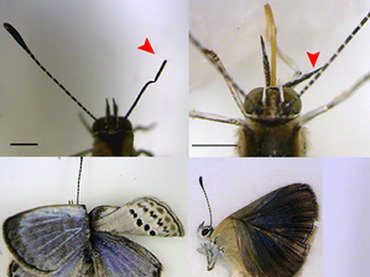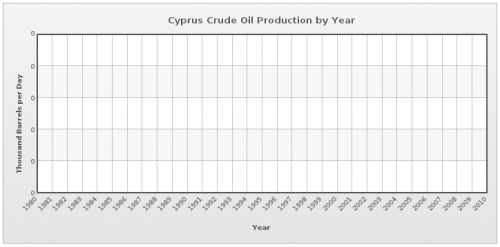Last night, I stepped out on the balcony to enjoy the thunderstorm. It wasn’t too windy or too rainy, but the lightnings and thunders were rather violent. In the middle of the night, long strikes across the whole sky were lighting the city as bright as midday. That was something!
And that also got me thinking. There is so much energy up in the sky, is there any way to extract it and use it? I’ve heard that there was some work done on the issue. And, given that I wasn’t the best student at school, but I still remember the fact that most of the lightning energy is spent on the actual light and on warming up the air. But, I thought, one day we’ll find a way to catch lightnings before they happen, and collect all that energy. That would be very useful, even though it would probably destroy the magnificence of the thunderstorm.
This morning I went online to see if I can find anything interesting on the subject. There are plenty of resources out there, but nothing special has caught my attention yet. Here’s the obligatory Wikipedia page:
There is always free electricity in the air and in the clouds, which acts by induction on the earth and electromagnetic devices. Experiments have shown that there is always free electricity in the atmosphere and that it is the quickest electricity connection, which is sometimes negative and sometimes positive, but most generally positive, and the intensity of this free electricity is greater in the middle of the day than at morning or night and is greater in winter than in summer. In fine weather, the potential increases with altitude at about 30 volts per foot (100 V/m).
The atmospheric medium, by which we are surrounded, contains not only combined electricity, like every other form of matter, but also a considerable quantity in a free and uncombined state; sometimes of one kind, sometimes of the other; but as a general rule it is always of an opposite kind to that of the Earth. Different layers, or strata, of the atmosphere, located at only small distances from each other, are frequently found to be in different electric states. The phenomena of atmospheric electricity are of three kinds. There are the electrical phenomena of thunderstorms and there are the phenomena of continual electrification in the air. The phenomena of the polar auroras constitute a third branch of the subject.

